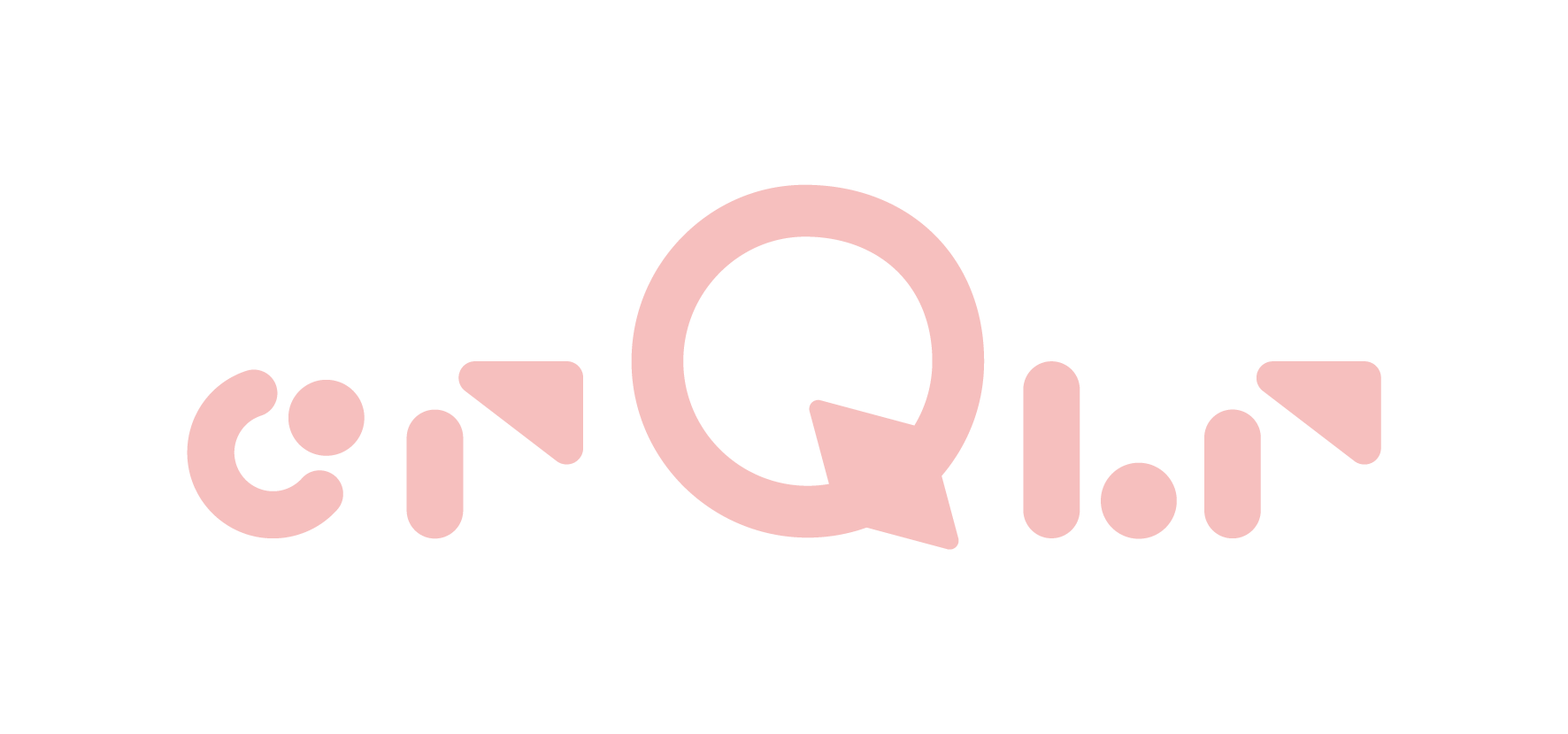-
応募プロジェクト・アイデアのタイトル(日英併記)
日本が育んだ発酵技術で食品廃材を残さずUpcycleさせる循環型経済の実現 Realising a circular economy through the use of fermentation techniques cultivated in Japan to upcycle food waste without leaving any residue
-
応募プロジェクト・アイデアの紹介動画URL(5分以内)
https://youtu.be/2i6TRko2_YI
-
応募プロジェクト・アイデアの詳細説明(日英併記)
CEOの石垣は約300年の発酵の歴史を持つ家系の父親から発酵業を引き継ぎました。ソーイには連綿とした発酵の歴史があります。そして、石垣が父親から受けた最も大切な薫陶が「食材を全て使い切れ」でした。私達の食品廃材のZero Waste Upcycle事業は、これら2つの礎の上にあります。SDGsがあってこれを始めたわけではありませんが、今はその風を受けて大きく飛躍できるチャンスです。
食品領域における経済のサーキュラー化には様々なアプローチがあります。食べ残しや期限切れ問題に関しては、制度・流通や生活習慣からのアプローチが必要です。食品廃材に関して、発酵を活用したUpcycleが有力なアプローチです。廃材は動物系と植物系に大別されますが、私たちがフォーカスするのは後者です。コーヒーかす、カカオハスクなどを先に進めますが、その後は茶殻、モルト滓などへの展開を進めます。
私達には、食品廃材を無償で提供してくださるパートナーがいます。頂いた廃材をUpcycleしたお菓子などの食品をB2BやB2Cで販売するのが事業の柱の1つです。大量の廃材を抱えつつUpcycleに悩んでいる食品・飲料メーカーには私達の技術をライセンスします。そして最終商品からのロイヤリティーで収益を上げます。これをもう1つの事業の柱とします。
CEO Dr Ishigaki, hailing from a lineage with a 300-year history in fermentation, inherited the family's tradition. SOI boasts a rich and enduring heritage in the realm of fermentation. The most profound lesson he received from his father was the ethos of "utilise every ingredient to its full extent." This philosophy underpins SOI's Zero Waste Upcycle project for food waste. Although the project's initiation wasn't solely spurred by the SDGs, the present environment presents a substantial opportunity for substantial growth.
In the domain of the food industry, circularising the economy necessitates various approaches. Addressing food waste and expiration challenges calls for systemic, distribution, and lifestyle adjustments. For food waste, leveraging fermentation stands out as a powerful method. Food waste can be broadly categorised into animal-derived and plant-derived materials, with a primary focus on the latter. Initial strides are being made with materials like coffee grounds and cocoa husks, with plans to expand into items such as tea leaves and malt residues.
SOI is fortunate to have partners who generously provide food waste at no cost. One of the cornerstones of their business involves marketing upcycled products, including snacks, in both B2B and B2C markets. For food and beverage manufacturers grappling with substantial waste volumes and upcycling challenges, SOI offers technology licences and generates revenue through royalties derived from the final products. This forms another pivotal aspect of their business. -
審査のポイントである3つのP(for People, for Planet, for Profit)について、あなたのプロジェクトや活動ではどのような取り組みをしていますか?
地球の高気温化によって作物の生育不良や、栽培面積や日中の労働可能時間の減少が懸念されています。これらの変化は、作物の価格高騰を招き、食物の需給バランスを不安定化させます。一方で人口は増加しているので、人類が必要とする食料の絶対量も確保できない状況も予測されます。大量生産大量消費のリニアエコノミーから、食材を循環させて持続性のあるサーキュラーエコノミーへ移行が喫緊の課題と云われる所以です。私達が目指す食品廃材という領域におけるサーキュラーエコノミー化は、それ自体が地球と人類の存続に直結しています。
食品廃材のUpcycleは様々ですが、それらは廃材から有用な部分だけを取り出して活用したり、生活用品に再生しています。この場合は、非有用部分がゴミとして残ったり、再生品が利用後に破棄されてゴミになり、その焼却ではCO2が発生します。ソーイは独自の発酵技術で残滓の全てを食品・食品素材に戻します。できた食品はそのまま食に供されるのでZero Wasteでの循環が実現できます。また、私達の技術はのコーヒーかすのようなウェットな廃材をそのまま扱うので、そこでも余計なCO2を発生させることがありません。
私達はこの一連の技術をUP0TECH®としてブランド化し、広く訴求することで消費者にサーキュラーエコノミー対する意識付を行いつつ、付加価値が高く、収益力のある事業を構築してゆきます。
There are concerns that rising global temperatures will lead to poor crop growth, a decrease in cultivation area, and a decrease in available working hours during the day. These changes lead to soaring crop prices and destabilise the balance of food supply and demand. On the other hand, as the global population is increasing, it is predicted that there will be situations where it will not be possible to secure the absolute amount of food that humanity needs. This is why the transition from a linear economy based on mass production and mass consumption to a sustainable circular economy where food is recycled is an urgent issue. The circular economy we are aiming for in the area of food waste is directly connected to the survival of the earth and humanity.
There are various ways to upcycle food waste, but they involve extracting only the useful parts from the waste and reusing it or recycling it into daily necessities, such as shoes, clothes, cups, etc. In this case, non-useful parts remain as garbage, or recycled products are discarded after use and become garbage, and CO2 is generated when they are incinerated. SOI uses its unique fermentation technology to return all residue to food and food ingredients. The finished food can be eaten as is, achieving circulation without waste. Furthermore, since our technology handles wet waste materials such as coffee grounds. No drying process is required before fermentaion, which means unnecessary CO2 is not generated.
We named this series of technologies as UP0TECH®, and will grow it as a respected brand. We plan to appeal it widely to raise awareness of the circular economy among consumers. As the brand grows, we can build a business with high added value and profitability. -
活動のメインの拠点(国と地域)を教えてください
東京都大田区 Ota City, Tokyo, Japan
-
活動時期を教えてください
2020~現在 2020~Present
-
キーワード
#Upcycling #Zero waste #Circular
-
応募プロジェクト・アイデアのWebサイトがありましたら、URLをご記入ください。
https://soijp.com/
-
応募プロジェクト・アイデアのSNSアカウントがありましたら、URLをご記入ください。
https://twitter.com/JP2VUD
-
【特別賞】「100年後の地域社会への価値還元」として、100年先、1000年先にその土地で暮らす人々の資産として、文化・産業を継承する仕組みになっているか?(日英併記)
-
【特別賞】「生物多様性へのポジティブな影響」として、「人間中心」にとどまらず、生態系全体に対して好循環を生み出そうとしているか?
-
【特別賞】 「新しいパートナーシップのデザイン」として、異業種間の連携や、生活者との共創、サプライチェーン内における役割の転換など、他者との新しい協働のかたちを実現しているか?
- 36
日本が育んだ発酵技術で食品廃材を残さずUpcycleさせる循環型経済の実現
日本の気候と食文化は、麹を利用した多様な発酵食品を産み、私達はその製造技術を発展させてきました。発酵技術は変化・発展しますが、その底流で変わらない精神があります。「もったいない」それはモノを最後まで使い尽くすという姿勢です。食べ残しや、期限切れ食品、食品廃材といった問題は、私達の伝統とは真逆の位置にあります。だとすれば、それを真っ当な状態に戻すための鍵は発酵技術にあるのではないでしょうか。ソーイは培ってきた麹発酵の技術を使って食品廃材の問題に取り組みます。様々な食品廃材を残さずに可食化し、人類と地球の存続のために不可避と云われる循環型経済の実現に貢献します。


